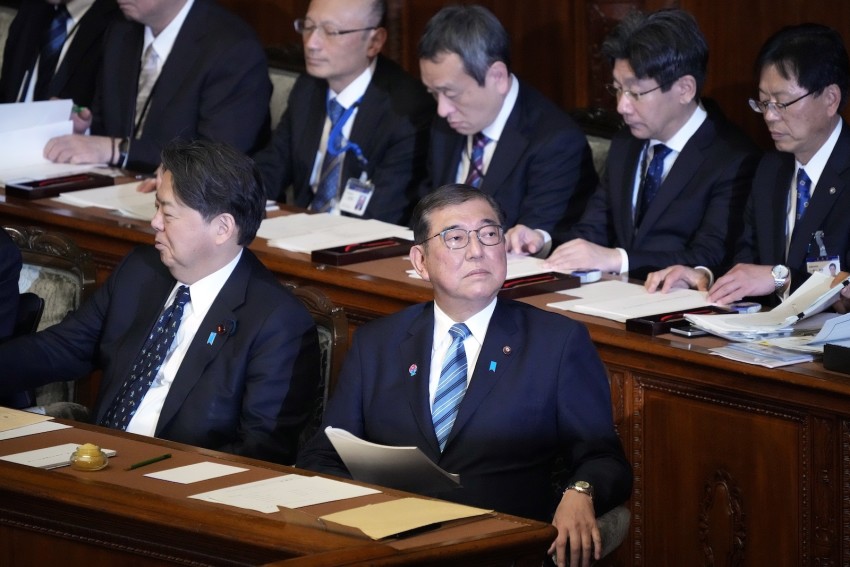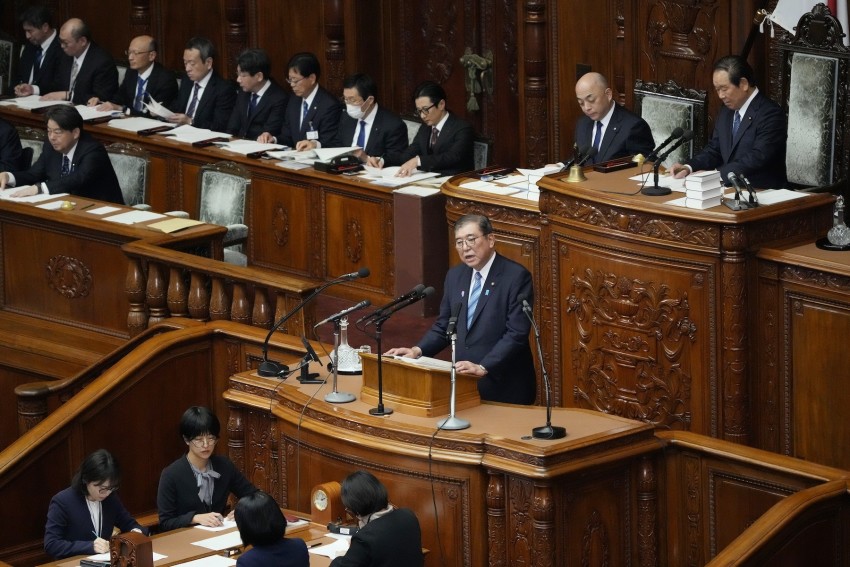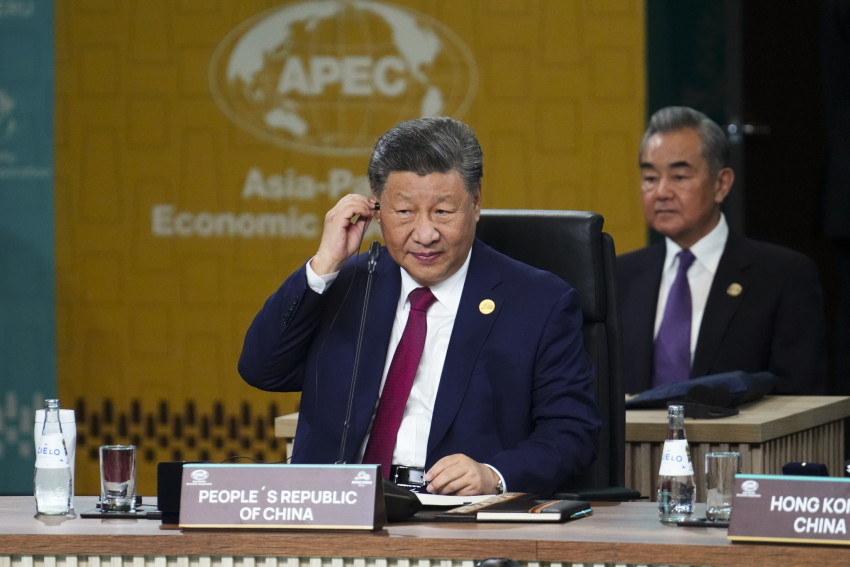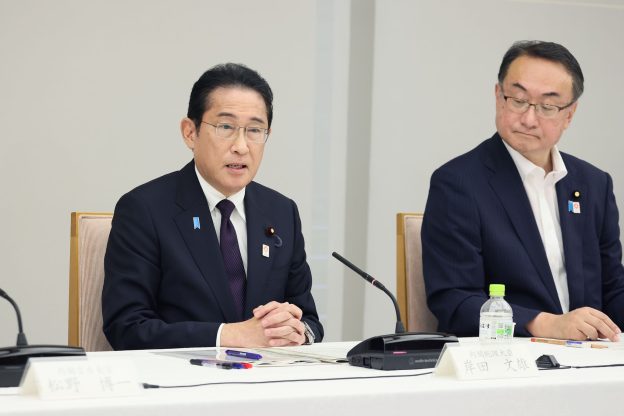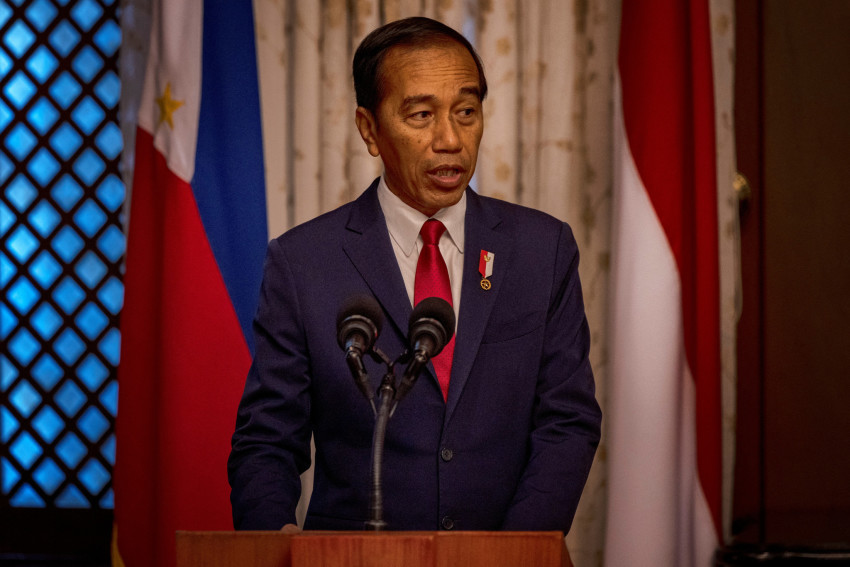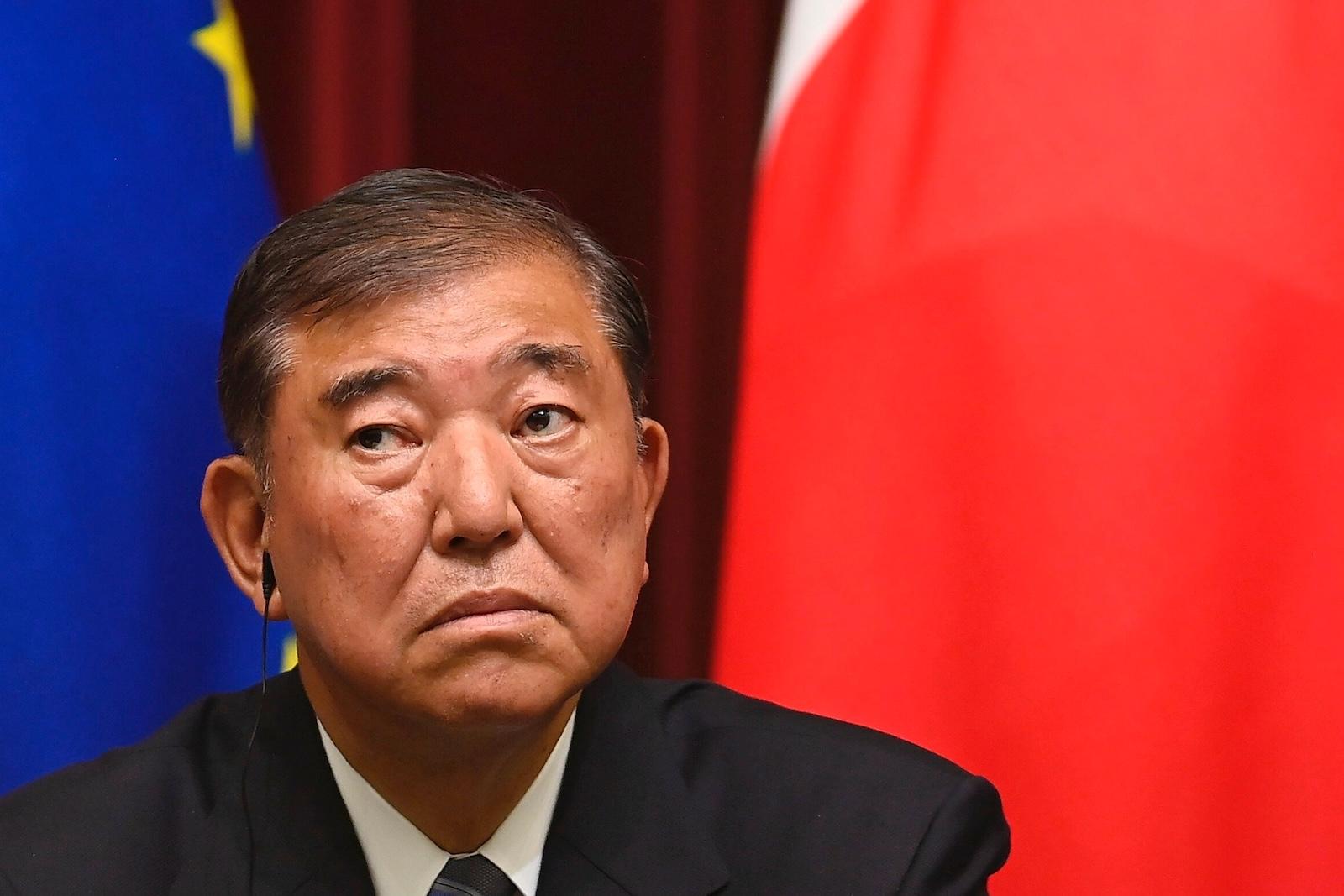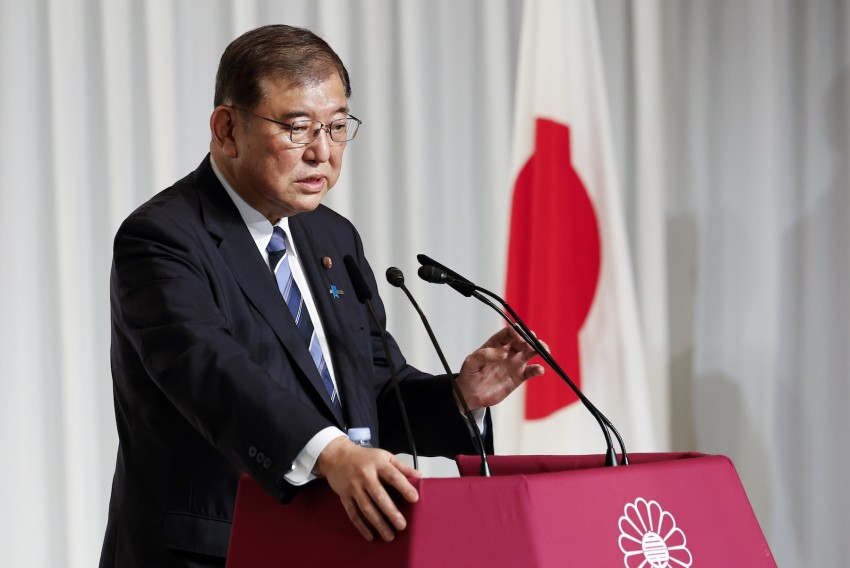Increased defense spending pledge taxes Japans strained coffers
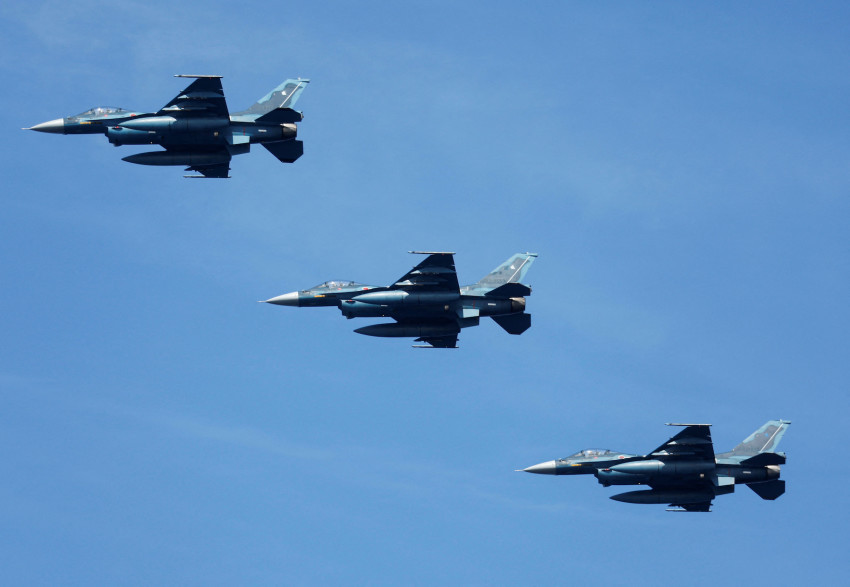
Uncertainty about tax revenues is causing concern about how Japan will pay for an expansion in its defense budget the government believes is necessary to deal with threats from an aggressive China and North Korea's deepened military ties with Russia.
In late 2022, the government decided to spend around 43 trillion yen over five years through fiscal 2027 to bolster national security. It also planned to collect 1 trillion yen as of fiscal 2027 through higher income, corporate and tobacco taxes to help fund the cost.
The government recently scheduled corporate and tobacco tax hikes for April 2026. However, it delayed raising the income tax in the face of growing public calls for financial relief amid the cost-of-living crisis.
A senior ruling party official stressed a belief that it is possible to meet the 1 trillion yen target as "corporate tax revenues are surpassing forecasts." Whether those revenues are sustainable, however, remains uncertain as tax hikes are unpalatable and may prove politically damaging.
After the ruling bloc lost a majority in the Oct 27 general election, the minority government has been cautious about hiking taxes, fearing repercussions in the House of Councillors poll in the summer of 2025, said Takahide Kiuchi, executive economist at the Nomura Research Institute.
Japan had traditionally limited defense expenditures to around 1 percent of gross domestic product under its war-renouncing Constitution, and an increase in that spending could be difficult to realize in a country that has the worst fiscal health among leading developed economies.
With a target to ramp up defense spending to 2 percent of GDP by fiscal 2027, the Japanese government is aligning with global trends as nations respond to escalating geopolitical tensions and evolving security challenges.
For fiscal 2025, the third year in the five-year plan, the government earmarked a record defense allocation of 8.70 trillion yen, which is estimated to account for about 1.4 percent of GDP.
Toshihiro Nagahama, chief economist at the Dai-ichi Life Research Institute, said expanded defense spending might rely on issuing government bonds, a common practice to finance national security priorities globally.
However, analysts are split on the wisdom of using debt when revenue streams are potentially unreliable. Some warn it could undermine investor confidence and exacerbate fiscal vulnerabilities over the long term, destabilizing the government bond market.
A Finance Ministry official sounded a warning about relying on debt to finance defense spending, saying, "Building a healthy system for national security is our generation's responsibility" and that the "Heavy use of debt simply shifts the burden to future taxpayers."
Some critics, meanwhile, argue the government and the ruling bloc should reconsider the targeted defense spending if they cannot identify stable sources of funding, though any change of policy remains highly unlikely.
Saisuke Sakai, a senior economist at Mizuho Research & Technologies Ltd, said, "It is theoretically possible (to revise defense spending commitments) but not a practical choice, politically."
Kiuchi has urged the government to accelerate efforts to establish long-term funding for the defense budget, as costs required to address regional concerns and military advancements are only set to increase.
"Effective measures, such as reducing costs in other sectors, must be considered," Kiuchi said, adding specific proposals should be transparently presented to taxpayers.

